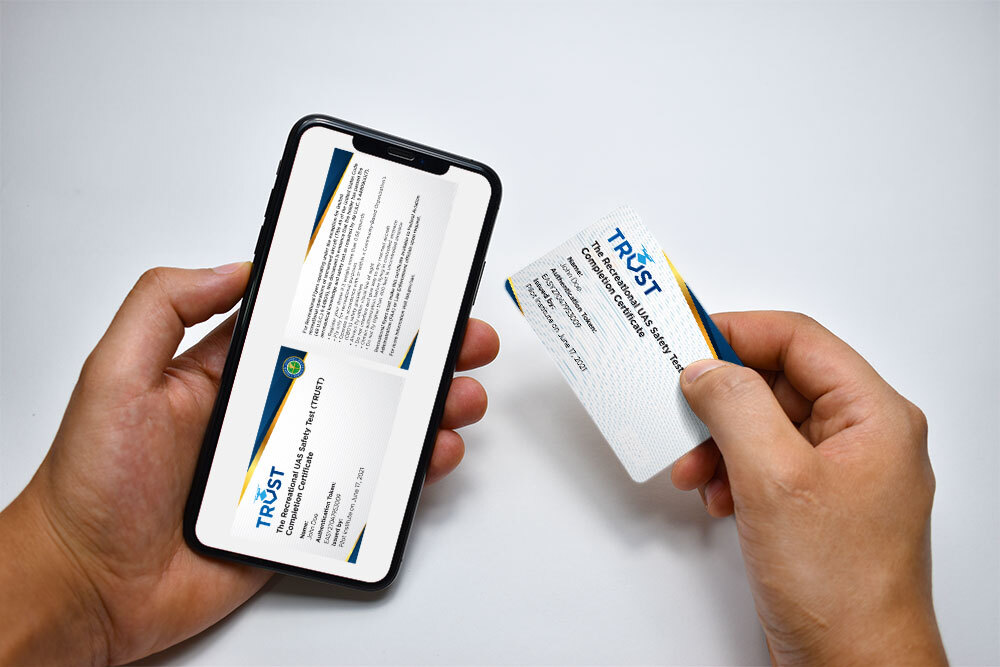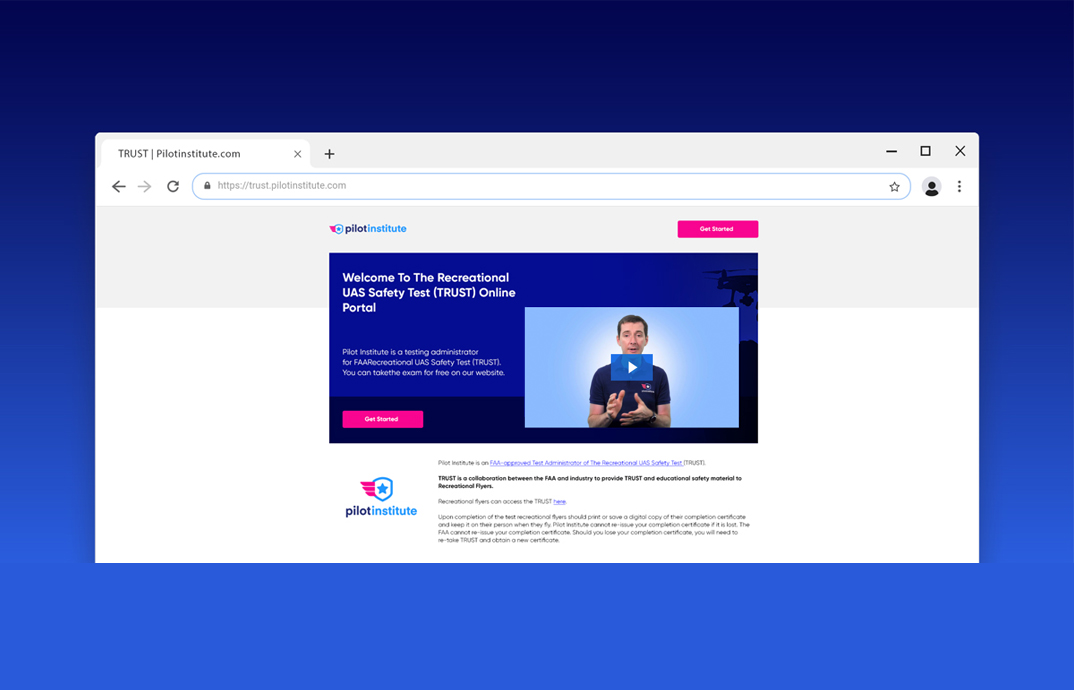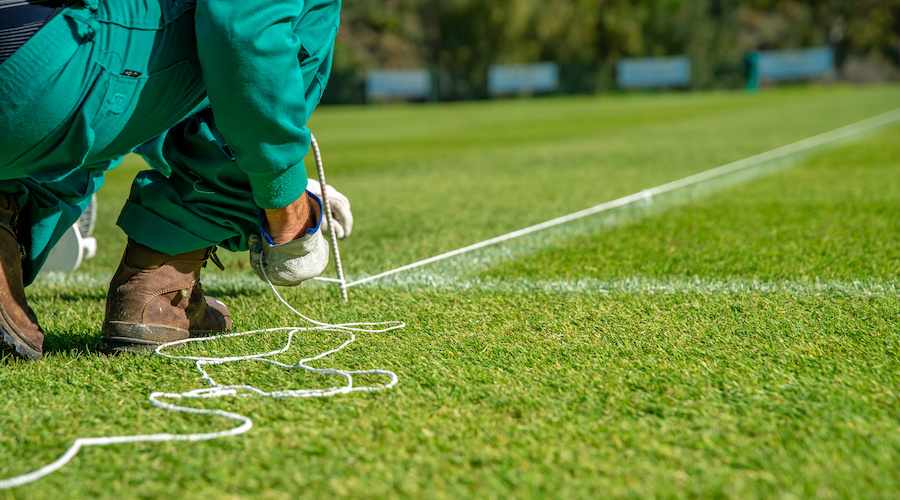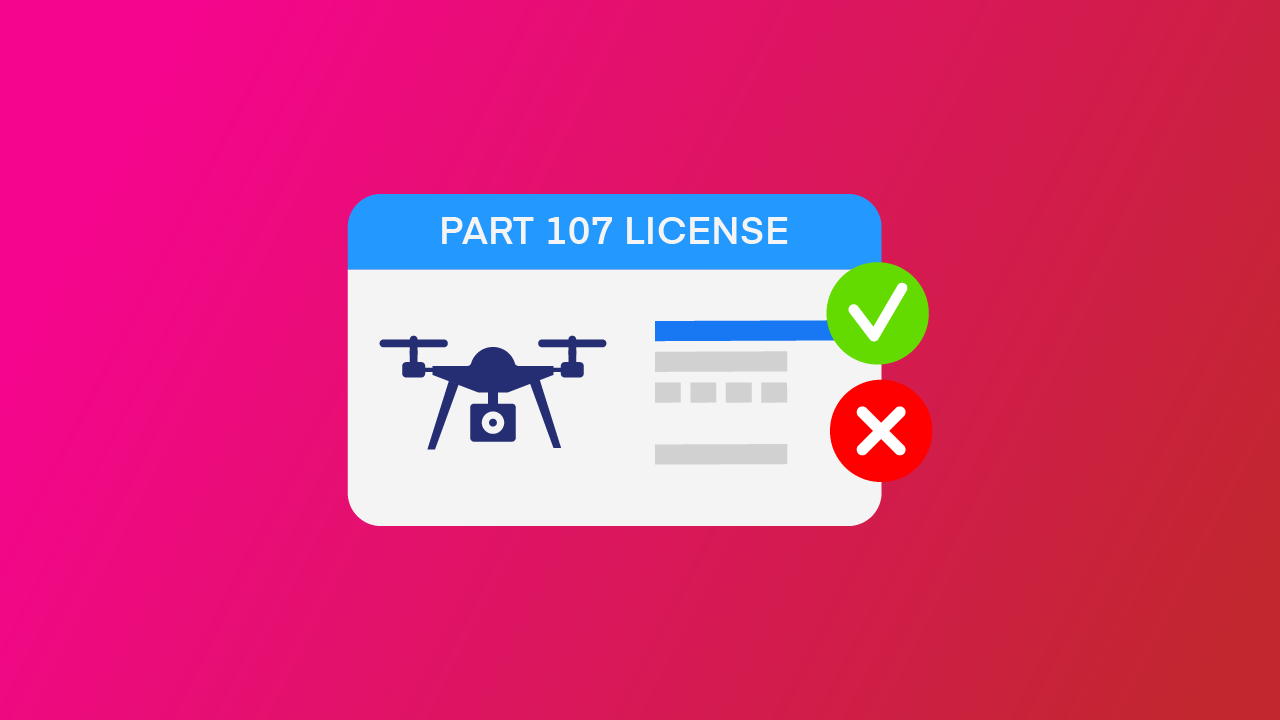-
1. It is a legal requirement
-
2. It helps educate recreational pilots about aviation-related topics
-
3. It is incredibly quick and easy
-
4. Your personal information is not retained
-
5. It keeps the airspace safer
-
6. It improves social acceptance of drone flight
-
NOTE: Don’t forget to register your drone!
-
Final thoughts
Just a few days ago, the FAA officially launched the TRUST – a knowledge test designed for recreational drone pilots. Pilot Institute is proud to be chosen as one of the FAA Approved Test Administrators for TRUST. Our official TRUST gateway can be found here. We have also prepared a free online course designed specifically for recreational drone pilots.
For the last five years, regulation of recreational drone flight hardly existed. In some cases, it was even actively resisted. The TRUST is a milestone in drone pilot regulation and education as the first time that recreational flight has been “gated.” Here are some good reasons for you to take the time to finish the TRUST test.
1. It is a legal requirement
TRUST stands for “The Recreational Safety UAS Test.” The legal infrastructure for this test was established back in May 2019 with the passing of Section 44809 or the “Exception for the limited recreational operations of unmanned aircraft.” Section 44809 superseded all other previously existing laws or regulations concerning recreational drone flight.
Section 44809 also provides a set of restrictions for recreational drone flight. These restrictions are quite basic, such as flying only within visual line of sight and within 400 AGL. However simple the rules on recreational drone flight are, delivering them to the general public has always been a challenge for the FAA.
This gap is what the TRUST test seeks to address. With the test now live, all recreational drone pilots are expected to take and finish the TRUST test and to carry proof of passing to any FAA representative or law enforcement officer when asked. A digital copy of the certificate is also valid.
The TRUST requirement applies to all drone pilots who fly drones for recreational purposes. This applies even to drone pilots who hold Part 107 certificates.
2. It helps educate recreational pilots about aviation-related topics
The primary objective of the TRUST is to act as an educational tool for recreational drone pilots. With millions of units sold annually, the presence of drones in national airspace can no longer be ignored. Drones have also become incredibly cheap and easy to use.
This means that the barrier of entry for drone flight has become smaller than ever. Without TRUST, just about anyone can buy a drone for a few hundred dollars from an electronics store and start flying within a few minutes. Without the proper knowledge of basic flight rules and aviation concepts, uninformed drone pilots pose a hazard to the airspace, as well as the people and property on the ground.
The rules and concepts covered by the TRUST test are among the most fundamental in drone flight. The goal of the test is not to restrict people from flying drones for fun, but to equip them with the knowledge so that they can do so safely. Even if you have been flying drones for years, the small effort it takes to complete the TRUST test is worth the value of compliance and the chance that you can learn something new.
3. It is incredibly quick and easy
The FAA recognizes that the TRUST requirement will only work if people comply with it. After all, there is still nothing that will stop a person from flying a drone without taking the test. With that in mind, they have designed the TRUST test to be as quick and painless as possible.
The TRUST test can be taken online from anywhere and for zero cost. It consists of some reading materials and four quizzes. The entire test can be completed in half an hour or less. Once you have secured a certificate of completion, it is valid for life. You will only need to take the TRUST test once.
There is also literally no way to fail the TRUST test. The quiz section consists of a series of multiple-choice questions based on concepts provided in the reading materials or other rules that you should already know prior. Should you choose the wrong answer, you will be provided with an explanation of why the answer is wrong and will be given a chance to try again. Everyone who finishes the TRUST test is given a 100% rating.
4. Your personal information is not retained
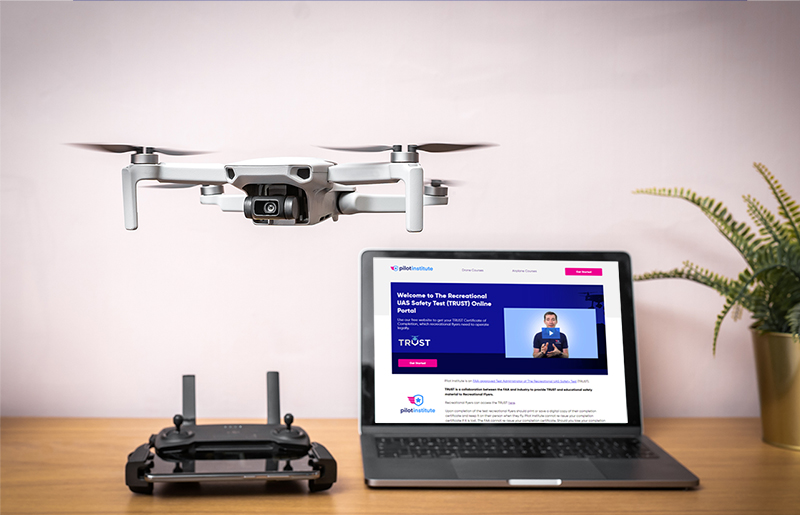
Data privacy has always been an issue for people who do not wish to provide their personal information to any entity, public or private. To avoid this problem, the initial information you will need to provide to take the TRUST test will be deleted once your certificate of completion has been issued. This means that neither the FAA nor the test administrator will keep a copy of your data – it’s just needed for the certificate.
The drawback of this is that there is no way to retrieve the certificate of completion if you manage to lose your copy of it. When this happens, you will have to start over and take the TRUST again. However, there really should be no reason for this to happen given that you can save a digital copy of the certificate on your computer or in cloud storage.
5. It keeps the airspace safer
This is the primary objective of TRUST – to equip recreational drone pilots with the knowledge so that they can fly drones safely. Everything that the TRUST test is stuff that you should know as a drone pilot. Hopefully, this will start an era of drone pilots who know all the essential rules. Given how easy it is to take the TRUST test, it is no longer acceptable to cite ignorance as an excuse.
6. It improves social acceptance of drone flight
Even with the popularity of drones, social acceptance is something that the drone community continues to struggle with. Every now and then, we hear news of drone pilots getting attacked or drones getting shot out of the sky. This is arguably caused by the lack of public education on the legality of drone flight.
However, stories of drones disrupting airport operations or emergency response also do not help improve public perception. Some of these stories might have been avoided by better pilot education. It might also give more assurance to the public to know that drone flight is now more regulated, even for those who are flying just for fun.
NOTE: Don’t forget to register your drone!
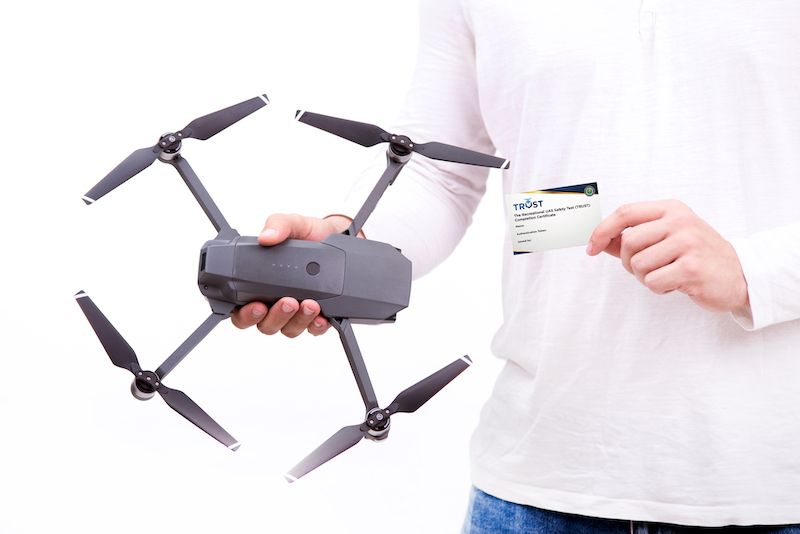
As a final reminder, the TRUST test does not supersede or overlap with the requirement for drone registration. If you’re flying for fun, then any drone that weighs more than 0.55 lbs. will need to be registered with the FAA through the FAA Drone Zone website.
Recreational pilots will need to register only once, even if they own and use multiple drones. It is also important to mark your drones visibly with your unique registration number.
Final thoughts
For recreational drone pilots, taking the TRUST test provides more value than just compliance. The test has been specifically designed so that drone pilots will know all the essential rules and restrictions that apply to recreational flight. Of course, compliance is also an important thing – it is an actual legal requirement.
With the TRUST test, we are hoping to reduce the number of drone pilots who around flying their drones without knowing basic concepts like restricted areas or visual line of sight rules. If you haven’t yet, set aside a few minutes to take the TRUST knowledge and safety test here.
